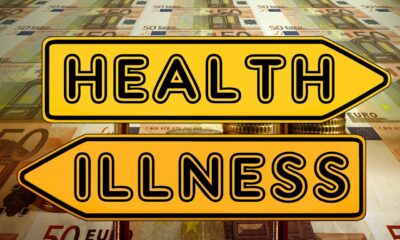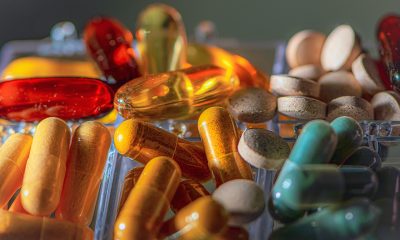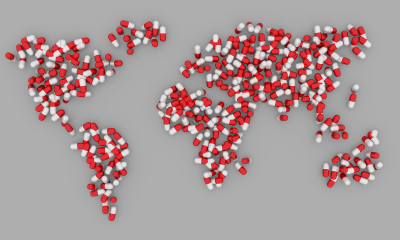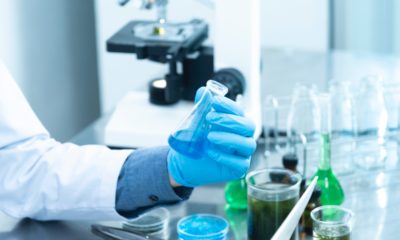Featured
Pharma Advances in the 2030 Agenda and 58% of Companies Prioritize Sustainable Measures
One of the measures being implemented by the pharmaceutical industry through Sigre, is the system for the management of waste medicines and their packaging of domestic origin, which was launched by the pharmaceutical industry, together with pharmaceutical distributors and pharmacies, in 2001. In 2021, pharmaceutical laboratories carried out 421 eco-design projects .
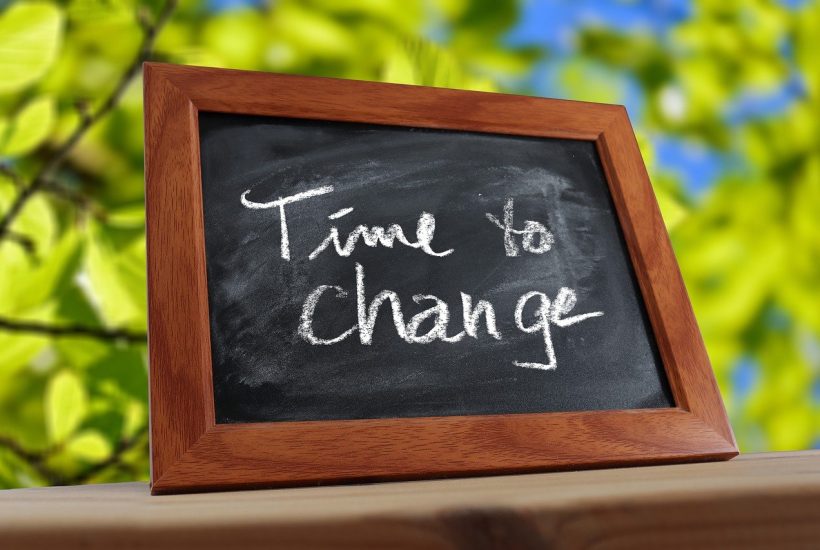
The pharmaceutical industry is characterized as a sector loaded with innovation and development (R&D), but its progress does not depend solely on new technologies; sustainability also plays a role. In Spain, 58% of companies in the pharmaceutical sector see it as a priority to incorporate sustainable impact measures in their activity, compared to 48% of the average, according to a report prepared by the Spanish Network of the United Nations Global Compact.
The study also points out that 24% of pharmaceutical companies have set public and measurable objectives, compared to 20% of the average, in line with the 2030 Agenda.
The 2030 Agenda for Sustainable Development and its 17 Sustainable Development Goals were adopted by more than 150 heads of state and government gathered at the UN Sustainable Development Summit in September 2015.
Discover the world’s most interesting financial news with the mobile app Born2Invest. The app provides its readers access to the latest news in global business, stock market, finance news, and also trending topics like bitcoin, cryptocurrency, and biotech.
Sigre is one of the measures to promote sustainability in the sector
One of the highlights of the Sustainable Development Goals is precisely number 12, which states that achieving sustainable consumption and production is about “promoting the efficient use of resources and energy, the construction of environmentally friendly infrastructure, improved access to basic services and the creation of green, fairly paid jobs with good working conditions.”
This goal is also strongly linked to environmental protection, as reflected in targets 12.4 and 12.5. One of the measures being implemented by the pharmaceutical industry through Sigre, is the system for the management of waste medicines and their packaging of domestic origin, which was launched by the pharmaceutical industry, together with pharmaceutical distributors and pharmacies, in 2001.
Sigre works with a twofold objective: the environmental objective is to reduce the environmental damage that medicine packaging and waste can cause by preventing waste at the source and the correct environmental treatment of the waste generated. The second objective is health, by encouraging the non-accumulation of medicines in homes and raising public awareness of the health risks arising from inappropriate use.
In 2021, pharmaceutical laboratories carried out 421 eco-design projects
In 2021, pharmaceutical laboratories carried out 421 eco-design projects that made 117 million packages placed on the market more sustainable, according to Sigre data.
Also noteworthy is the positive evolution of medicines collected in 2021, thanks to citizen collaboration. Specifically, the recycling rate of packaging was almost 70%, 8% more than the previous year, thus recovering pre-pandemic levels in Spanish households.
On the other hand, the report highlights that the sector entities are above the Spanish average in the knowledge of the objectives of the 2030 Agenda (87% knowledge, compared to 81% of the average).
__
(Featured image by geralt via Pixabay)
DISCLAIMER: This article was written by a third party contributor and does not reflect the opinion of Born2Invest, its management, staff or its associates. Please review our disclaimer for more information.
This article may include forward-looking statements. These forward-looking statements generally are identified by the words “believe,” “project,” “estimate,” “become,” “plan,” “will,” and similar expressions. These forward-looking statements involve known and unknown risks as well as uncertainties, including those discussed in the following cautionary statements and elsewhere in this article and on this site. Although the Company may believe that its expectations are based on reasonable assumptions, the actual results that the Company may achieve may differ materially from any forward-looking statements, which reflect the opinions of the management of the Company only as of the date hereof. Additionally, please make sure to read these important disclosures.
First published in PlantaDoce, a third-party contributor translated and adapted the articles from the originals. In case of discrepancy, the original will prevail.
Although we made reasonable efforts to provide accurate translations, some parts may be incorrect. Born2Invest assumes no responsibility for errors, omissions or ambiguities in the translations provided on this website. Any person or entity relying on translated content does so at their own risk. Born2Invest is not responsible for losses caused by such reliance on the accuracy or reliability of translated information. If you wish to report an error or inaccuracy in the translation, we encourage you to contact us.

-

 Cannabis6 days ago
Cannabis6 days agoWhen a Cutting Becomes a Cannabis Plant: Court Clarifies Germany’s Three-Plant Rule
-
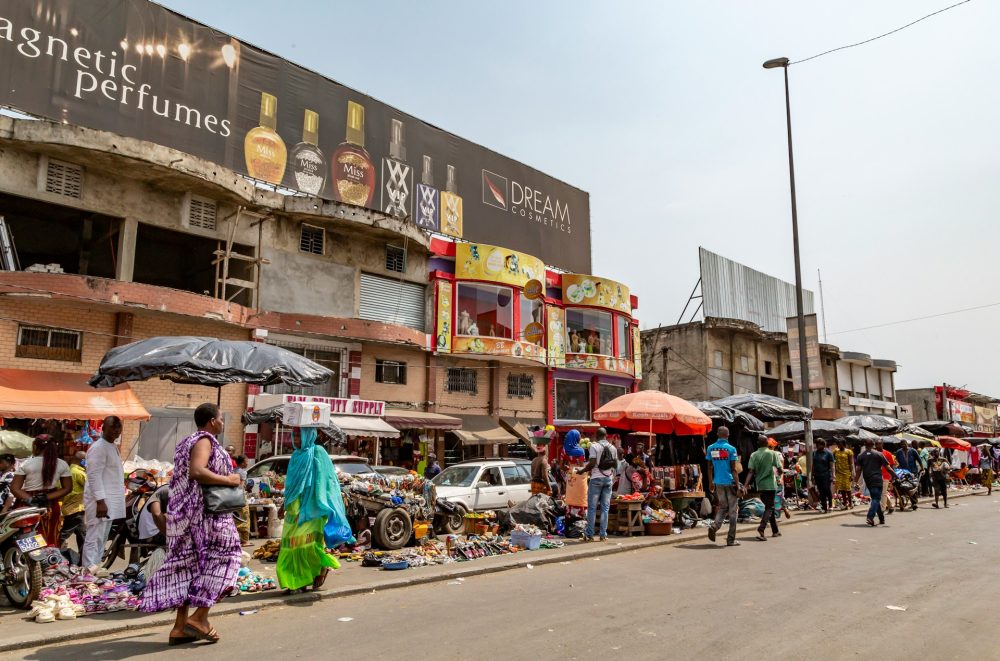
 Africa2 weeks ago
Africa2 weeks agoIvory Coast Development Plan 2026–2030: Investment, Growth, and Strategic Reforms
-

 Africa2 days ago
Africa2 days agoMASI Surge Exposes Market Blind Spot: The SAMIR Freeze and Hidden Risks
-

 Crypto1 week ago
Crypto1 week agoBitcoin Rebounds Above $70K as Crypto Markets Show Fragile Signs of Recovery
